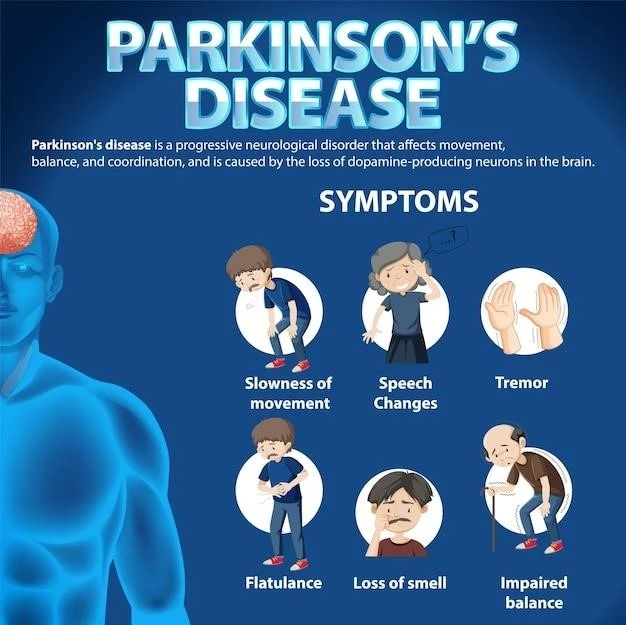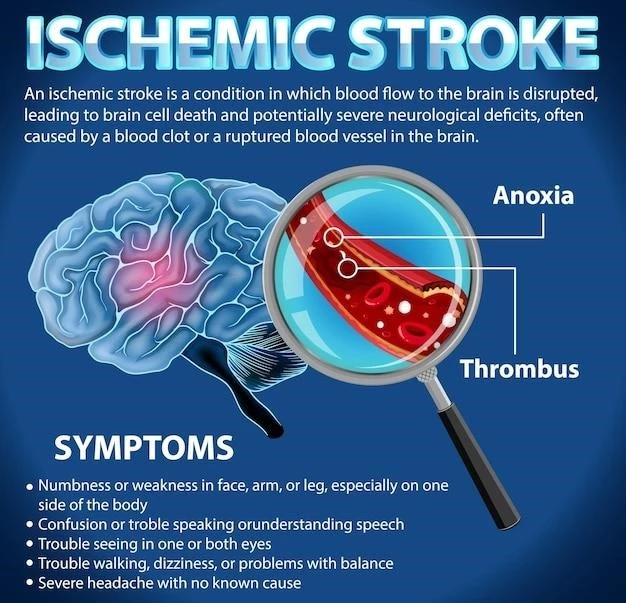a rare disease in which the body is missing or does not have enough of an enzyme needed to break down long chains of sugar molecules.
What is Hurler Syndrome?
Mucopolysaccharidosis type I, commonly known as Hurler syndrome, is a rare genetic disorder characterized by the absence or deficiency of an enzyme required to break down certain sugar molecules in the body. This leads to the accumulation of these molecules, affecting various organs and tissues.
Mucopolysaccharidosis type I Hurler syndrome is a genetic disorder associated with the deficiency of an enzyme crucial for breaking down specific sugar molecules. It falls under the category of lysosomal storage disorders, impacting various body tissues and organs due to the accumulation of these molecules.
Signs and Symptoms of Hurler Syndrome
Mucopolysaccharidosis type I (MPS I) is a rare genetic disorder affecting the body’s ability to break down long sugar molecules, leading to various physical and cognitive challenges.
Genetic Background and Classification
Mucopolysaccharidosis type I Hurler syndrome is a genetic disorder caused by the deficiency of a crucial enzyme that breaks down specific sugar molecules. It falls under lysosomal storage disorders, impacting various organs due to sugar molecule accumulation.
Cognitive Impairments
Hurler Syndrome can also impact cognitive functions, leading to developmental delays and potential challenges in memory, attention, and learning abilities. It is important to address cognitive impairments early on to provide appropriate support and interventions for individuals with Hurler Syndrome.
Diagnosis and Testing for Hurler Syndrome
Early diagnosis of Mucopolysaccharidosis Type I Hurler syndrome involves genetic testing and biomarker analysis.
Genetic Testing
Genetic testing plays a crucial role in diagnosing Mucopolysaccharidosis Type I Hurler syndrome by identifying specific genetic mutations associated with the condition. This testing can help confirm the presence of the disorder and inform treatment decisions.
Biomarker Analysis
Biomarker analysis is an essential component of diagnosing Mucopolysaccharidosis Type I Hurler syndrome, as it involves evaluating specific markers in the body that indicate the presence of the disorder. These analyses help clinicians confirm the diagnosis and monitor disease progression.
Advisory message⁚ Learn about enzyme replacement therapy and hematopoietic stem cell transplantation for managing Hurler Syndrome.
Treatment Options for Hurler Syndrome
Advisory message⁚ Explore enzyme replacement therapy and hematopoietic stem cell transplantation for managing Hurler Syndrome.
Hematopoietic Stem Cell Transplantation
Hematopoietic stem cell transplantation is a potential treatment option for individuals with Mucopolysaccharidosis Type I Hurler syndrome. This procedure involves replacing defective cells with healthy stem cells to improve enzyme production and reduce the impact of the disorder on the body.
Management and Care Strategies for Individuals with Hurler Syndrome
Find expert guidance on adopting a multidisciplinary care approach and addressing specific symptoms.
Multidisciplinary Approach to Care
Advisory message⁚ Implement a multidisciplinary approach for comprehensive care of individuals with Hurler Syndrome, addressing various aspects of the condition through a coordinated team effort.
Addressing Specific Symptoms and Complications
Advisory message⁚ Learn how to address specific symptoms and complications in individuals with Hurler Syndrome for better management and care.
Prognosis and Life Expectancy of Individuals with Hurler Syndrome
Advisory⁚ Understand the impact on longevity and quality of life considerations for individuals with Hurler syndrome.
Impact on Longevity
Understanding the impact of Mucopolysaccharidosis Type I Hurler syndrome on the longevity of affected individuals is crucial for long-term care planning and support. Consult healthcare professionals for personalized insights.
Quality of Life Considerations
It is essential to consider the quality of life for individuals with Hurler Syndrome, addressing their unique needs and ensuring access to appropriate support services to enhance their well-being.

Current Research and Therapeutic Developments for Hurler Syndrome
Stay informed about ongoing clinical trials and emerging therapeutic approaches for managing Hurler syndrome.
Clinical Trials and Investigational Treatments
Stay informed about ongoing clinical trials and investigational treatments for Mucopolysaccharidosis Type I Hurler syndrome, offering potential innovative approaches in managing the condition. Consult healthcare providers for guidance on participation and benefits.
Emerging Therapeutic Approaches
Stay updated on the latest emerging therapeutic approaches being developed to address Mucopolysaccharidosis Type I Hurler syndrome. Consult healthcare professionals for information on potential new treatments and advancements in managing the condition.

Support Resources for Patients and Families Affected by Hurler Syndrome
Access patient advocacy organizations and counseling services to receive support for managing Hurler Syndrome.
Patient Advocacy Organizations
Find and connect with patient advocacy organizations dedicated to supporting individuals and families affected by Mucopolysaccharidosis Type I Hurler syndrome, offering valuable resources, guidance, and community-based support.
Counseling and Psychosocial Support Services
Access counseling and psychosocial support services to help individuals and families affected by Hurler Syndrome navigate the emotional and psychological challenges associated with the condition. Seek professional guidance for holistic support.
